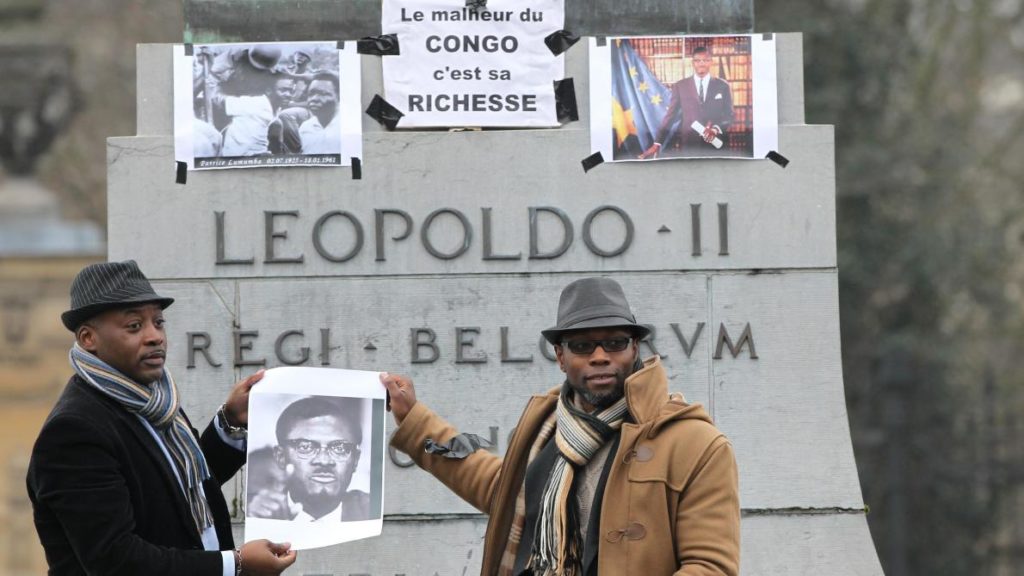Belgium has sidelined historians and colonial experts from a parliamentary working group tasked with revising its colonisation of the Congo, according to over two dozen historians.
In an open letter published on Monday, 58 historians expressed their surprise at the fact that the committee meant to review Belgium's colonial actions in the Congo failed to include sufficient experts in the matter.
Belgium's "eagerness" to set up the committee will see it reach political conclusions which will be taken on the basis of incomplete or incorrect historical facts, ultimately hurting its legitimacy, the authors wrote.
Related News
- Congo commission: apologies are not enough
- Parliament approves commission on Belgium’s colonial past
- Congo and New Zealand demand return of cultural artefacts
"We think it is strange that, contrary to the project that was initially announced, the Commission has jumbled together historians of the colonial period with lawyers, representatives of associations of the Congolese diaspora or institutions dealing with contemporary social issues," the signatories wrote.
The authors said that the committee included no members of the Royal Museum for Central Africa (RMCA) were "excluded from [the committee] from the outset," nor of the National Archives or of the Royal Academy for Overseas Sciences, institutions which have extensive records and knowledge on the country's colonial past.
Additionally, the signatories also highlighted the fact that the committee included no historians from either Congo, Rwanda or Burundi, despite all of them being territories subjected to Belgium's colonial rule.
"Where are their representatives? How can the absence of Congolese, Rwandan and Burundian historians be understood? How can we brush away the expertise of several academic experts on these questions or, likewise, [the expertise] accumulated over decades by members of the Royal Academy of Overseas Sciences?"
The makeup of the committee was announced at the beginning of August, around two months after anti-racist and decolonisation protests swept through the Belgian capital in the wake of a global racial justice uprising spurred by Black Lives Matter movement in the US.
"This eagerness raises questions insofar as a discussion of a political nature can in no way be jumbled together with the results of the preliminary and indispensable step that is the historical inquest and the consideration of its results," they wrote.
The Brussels Times

